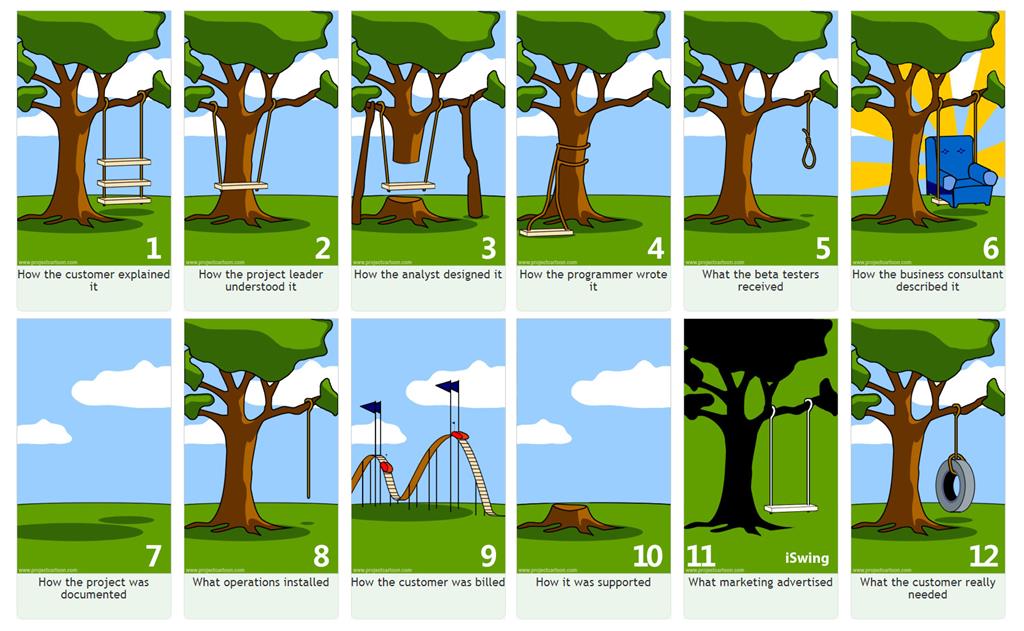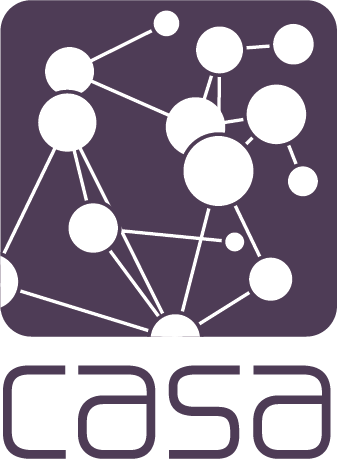Group Working
Jon Reades and Leah Lovett
Why?
(Are you here?)
Why?
(Is it group work?)
Many Models…
- Artist Collectives — shared responsibilities for ideas and outputs; a lot of freedom and fuzziness in roles, but propensity for struggles over direction and power.
- Theatre — every member has a specific role; there is freedom within the role and clear lines of responsibility for delivery, but can blow up spectacularly.
- Co-Creation — emphasis on participation and recognition of diverse strengths; problem- and communication-focused; lots of effort and uncertainty, but results can be much more meaningful and durable.
- …
Challenges
- We make superficial assessments of the flaws/strengths of others.
- We make a range of assumptions about the motivations of others.
- We make a range of assumptions about the situations of others.
- We respond differently to stimuli and stresses.
- We have a hard time talking about any of this.
Identifying Your Strengths
Dominance
- Results-oriented
- Innovative
- Competitive
- Direct
Influence
- People-oriented
- Enthusiastic
- Optimistic
- Creative
Steadiness
- Sincere
- Dependable
- Patient
- Modest
Conscientiousness
- Accurate
- Cautious
- Precise
- Analytical
Too Much of a Good Thing
Dominance
- Fails to involve others
- Impatient
- Offensive
Influence
- Too social
- Easily distracted
- Overly optimistic
Steadiness
- Indirect
- Avoids conflict
- Delays difficult decisions
Conscientiousness
- Perfectionist
- Avoids unsystematic people
- Delays decisions over risks
Consequences1

Every Good Plan1…

Nothing Ever Goes to Plan
From relational to practical…
- Agile principles1: iterative delivery of successful projects focussed on individuals and interactions; working software, customer collaboration; and responding to change.
- Scrum methodology2: organised around stand ups, sprints, sprint review, and retrospectives.
- Kanban methodology: use of ‘sticky notes’ in columns to organise and prioritise visually.
- XP methdology: one person writes/codes while a partner researches/solves/feeds back.
To Do: discuss how your team can work together effectively.
We will get to group formation later
Resources

Group Working • Jon Reades and Leah Lovett